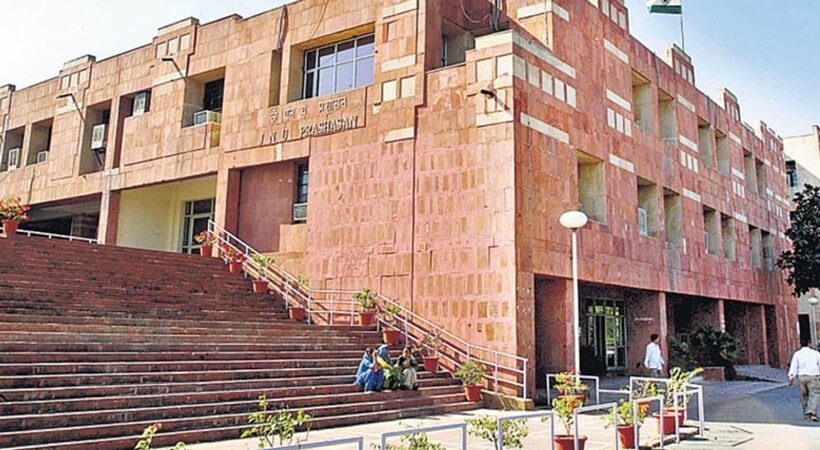Several students from Afghanistan studying at Jawaharlal Nehru University (JNU) in Delhi are unwilling to return home to their country amid clashes with the Taliban. The students, who wish to extend their visas through academic courses, are worried as their visa tenure is supposed to expire within months.
“For a war-torn country like Afghanistan, most of the people are extensively unemployed and trying to escape from either death or captivity. Arranging a ‘hefty fee’ seems impossible,” Afghan students were quoted as saying.
Terminal students are required to leave the hostel by September 23. However, their financial capacity is such that they are not sure about their accommodation.
“Situation is extremely critical there. I am hoping that the administration will understand our situation and extend my visa permit. Also, PhD in JNU is highly expensive for foreign nationals and for poor families that are certainly not the possible way out. However, at present, I really don’t know what to do,” Jalaluddin, a JNU student, said.
No individual can work or study after their student visa expires until a new permit is given. They must make sure while extending their visa that the expiry date of their passport is not around the same time, as the study permit cannot be possibly extended beyond the expiry date of the passport.
“My visa will expire on December 31. I was a government employee before I came here to study. I am sure if I go back they will capture me. My family is staying in the area captured by the Taliban and I am unable to contact them for the last one and a half weeks. The tension is scaling up, we definitely need help,” Shafiq Sultan, a student of International Relations and Area studies in JNU, said.
The visa tenure of Afghan student Ali Asghar is set to expire within just three months. “I spoke with my father a week ago, he told me my family is escaping to another area because the Taliban may take control over our city. They do not want me to come back but the fee structure for foreign students is extremely high which we cannot bear without family’s support. And my family is completely unemployed,” he said.
In a press note recently released, the JNU administration said, “Some Afghan students of JNU have requested the JNU administration to facilitate their return to the Campus. As the University has remained closed as per the latest Circular issued by the DDMA, Govt. of NCT, Delhi, this matter is currently being looked into.”
Indian cities like New Delhi, Mumbai, Pune, Bangalore and Bhubaneswar attract thousands of Afghan students to study. Some of the main reasons Afghans like to study in India are the low cost of living, familiarity with India’s language and culture, easy-to-obtain visas, and English in the classrooms.
The Indian Council for Cultural Relations offers hundreds of scholarships to Afghan students, some of whom consider India to be a kind of stepping-stone as studying here subsequently gives them a chance to visit Europe, the US or Canada for further studies and jobs.
Getting a scholarship to study in India is easy for Afghan students because all they have to do is clear a language exam. There are two kinds of scholarships that Afghan students get in India – one from the higher education ministry of Afghanistan and the other from the Indian Council for Cultural Relations.



















